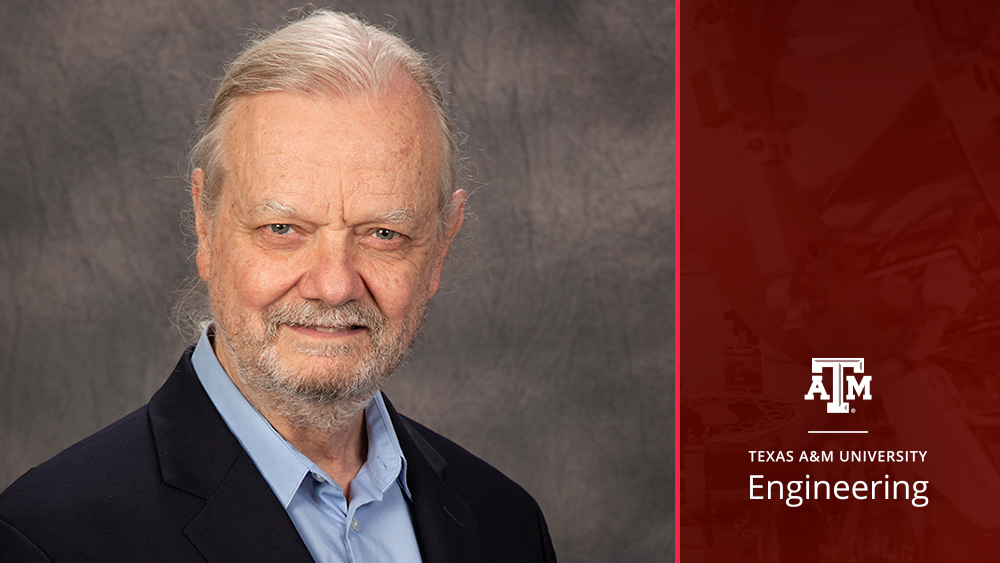
Dr. R. Stanley Williams, Hewlett Packard Enterprise Company Chair Professor in the Department of Electrical and Computer Engineering at Texas A&M University and director of the Hewlett Packard Enterprise Center for Computer Architecture Research, is ranked in the top tier of scientists in the world in the field of computer science and electronics from the Guide2Research 2021 Top Scientists Ranking.
Out of 1,000 scientists and researchers, Williams, who ranked 115th in the world and 80th in the United States, is the director of the Center for Computer Architecture Research at Texas A&M. Williams has performed research in nano-electronics, -ionics and -photonics, and how to utilize the nonlinear dynamical properties of matter to perform computation efficiently.
Before joining Texas A&M in 2018, he was a senior fellow and senior vice president at Hewlett-Packard Labs, where he led the group that developed the first intentional solid-state version of Leon Chua's memristor. Prior to this, he was a member of the technical staff at Bell Labs before joining the faculty at the University of California, Los Angeles, where he served as a chemistry professor for 15 years. He was named one of the top 10 visionaries in the field of electronics by EE Times, and has received awards in chemistry, applied physics and nanotechnology. Williams has been issued more than 230 U.S. patents, published more than 450 peer-reviewed papers and presented hundreds of invited plenary, keynote and named lectures at international scientific, technical and business events.
The Guide2Research 2021 Top Scientists Ranking is based on the H-Index metric provided by Google Scholar, and DBLP and includes only leading scientists with an H-index of at least 40. Williams has over 67,000 citations, an H-Index of 116.
“I am gratified that so many researchers have found my work to be sufficiently interesting and useful to be cited in their publications,” Williams said.
